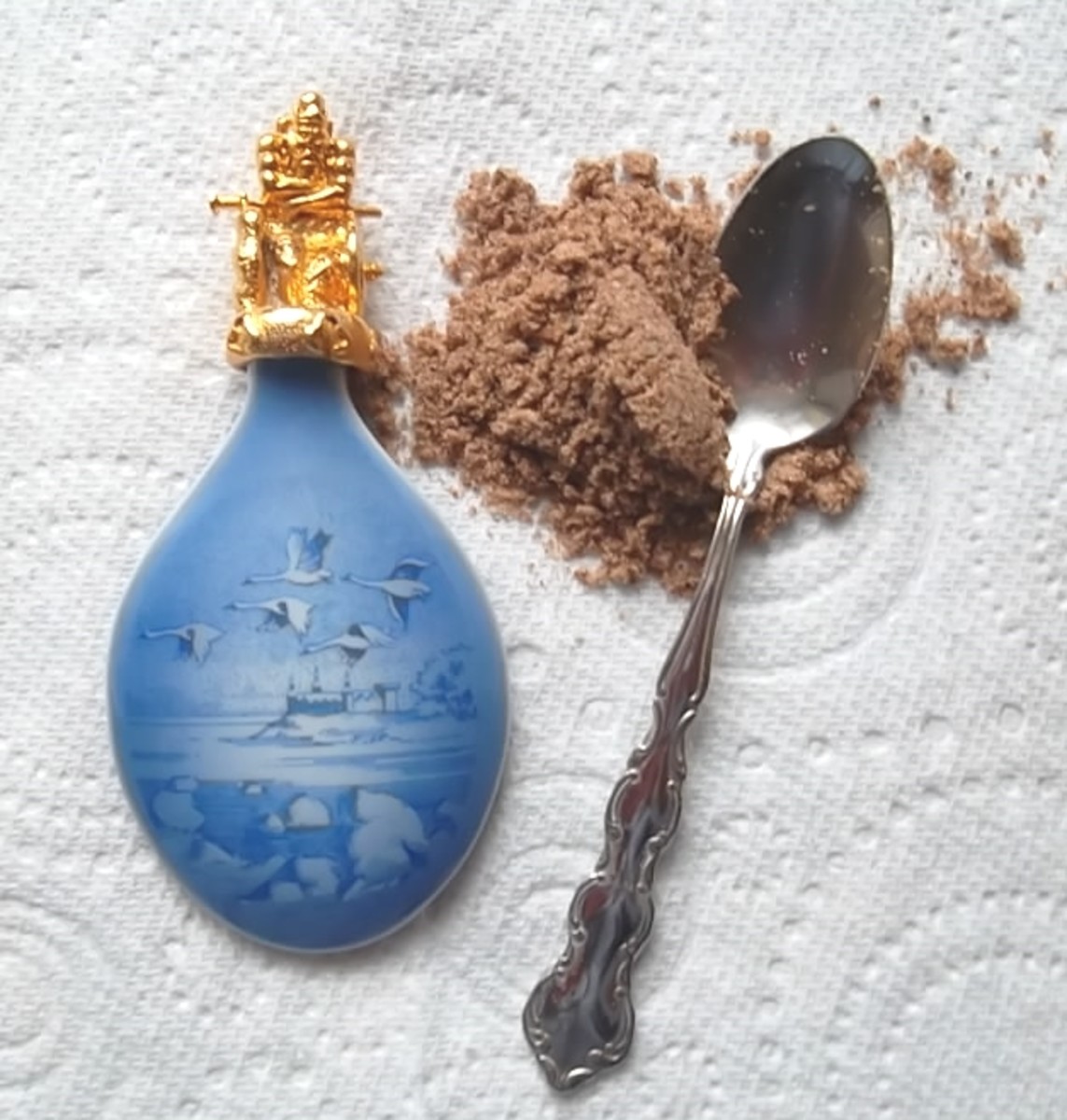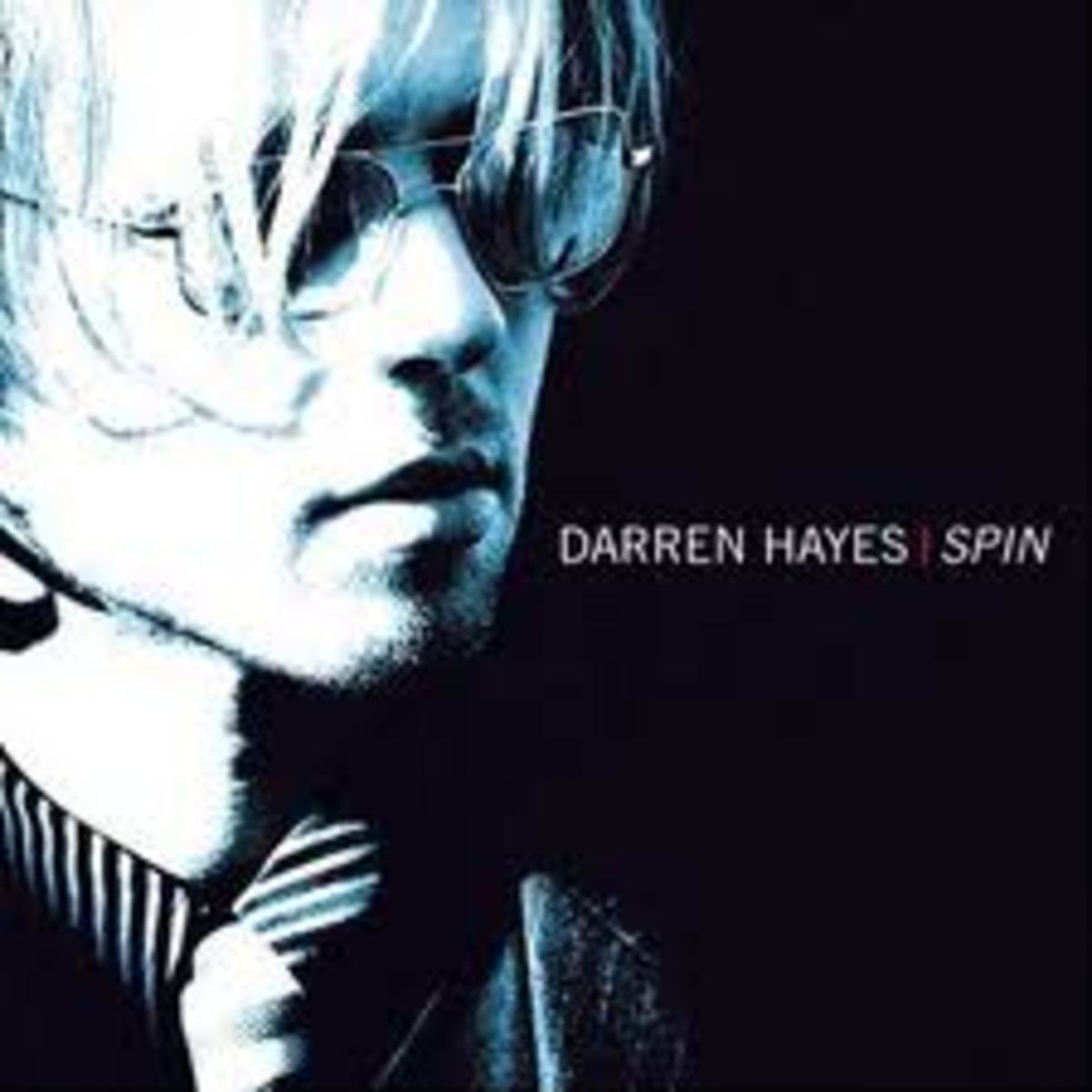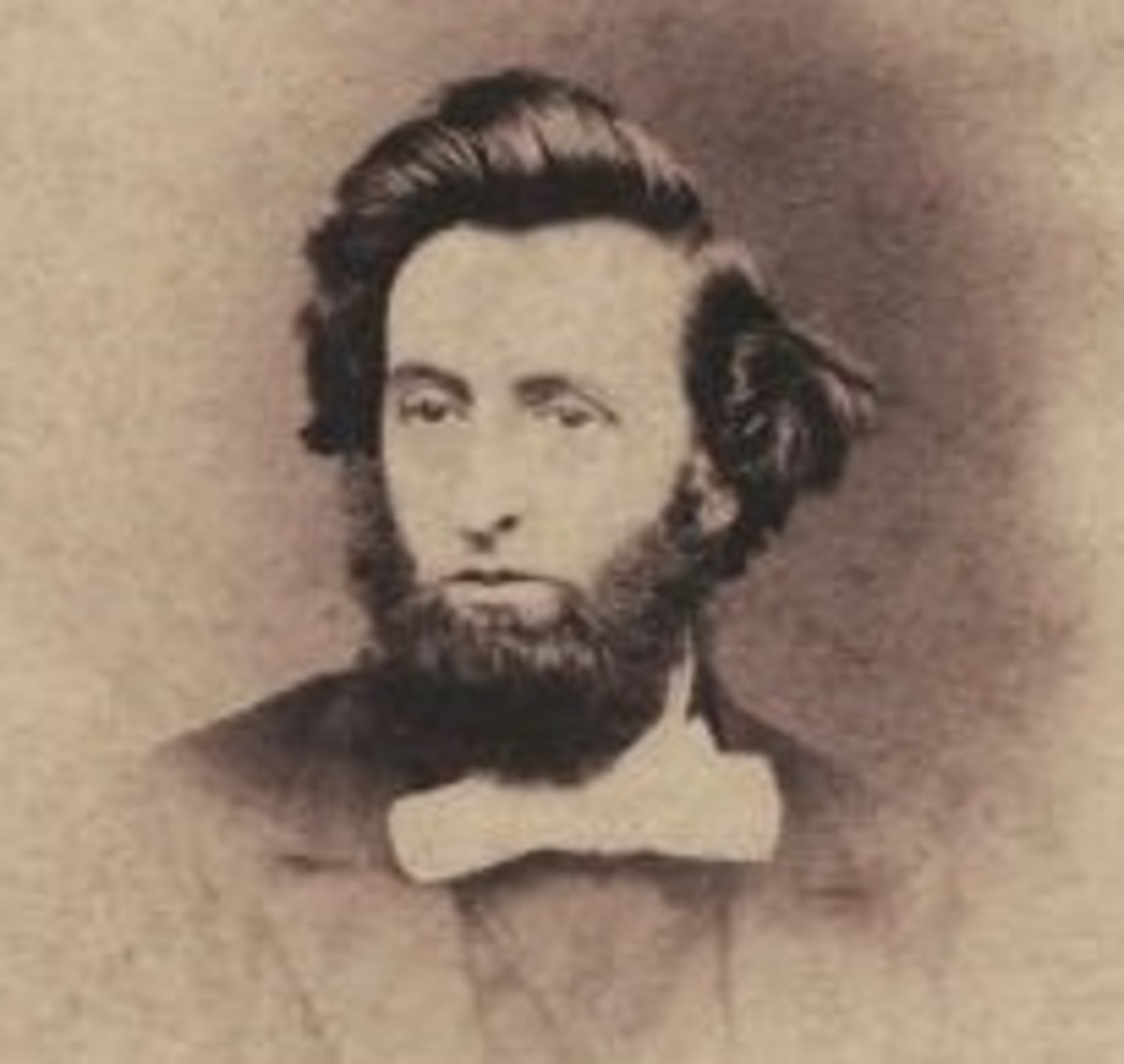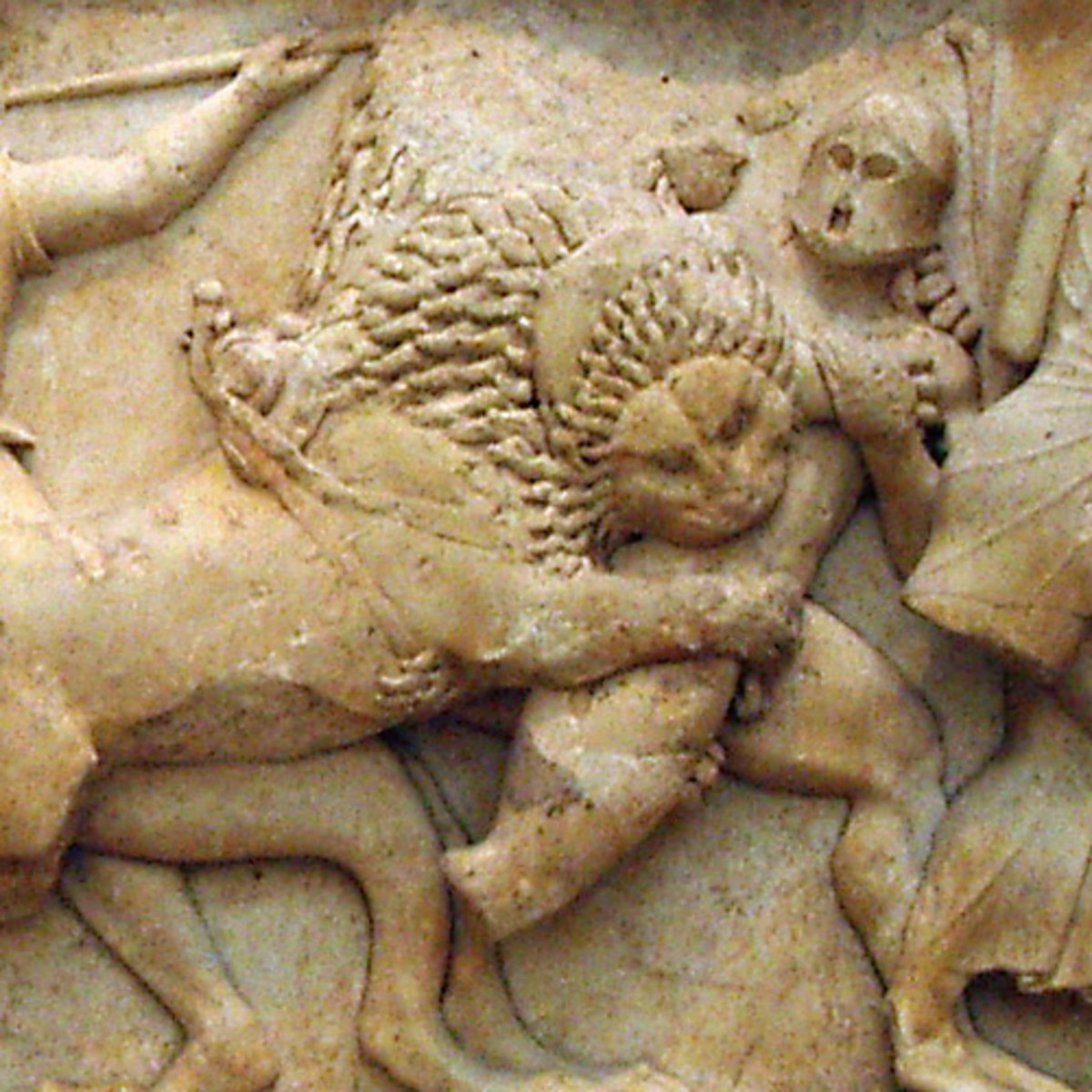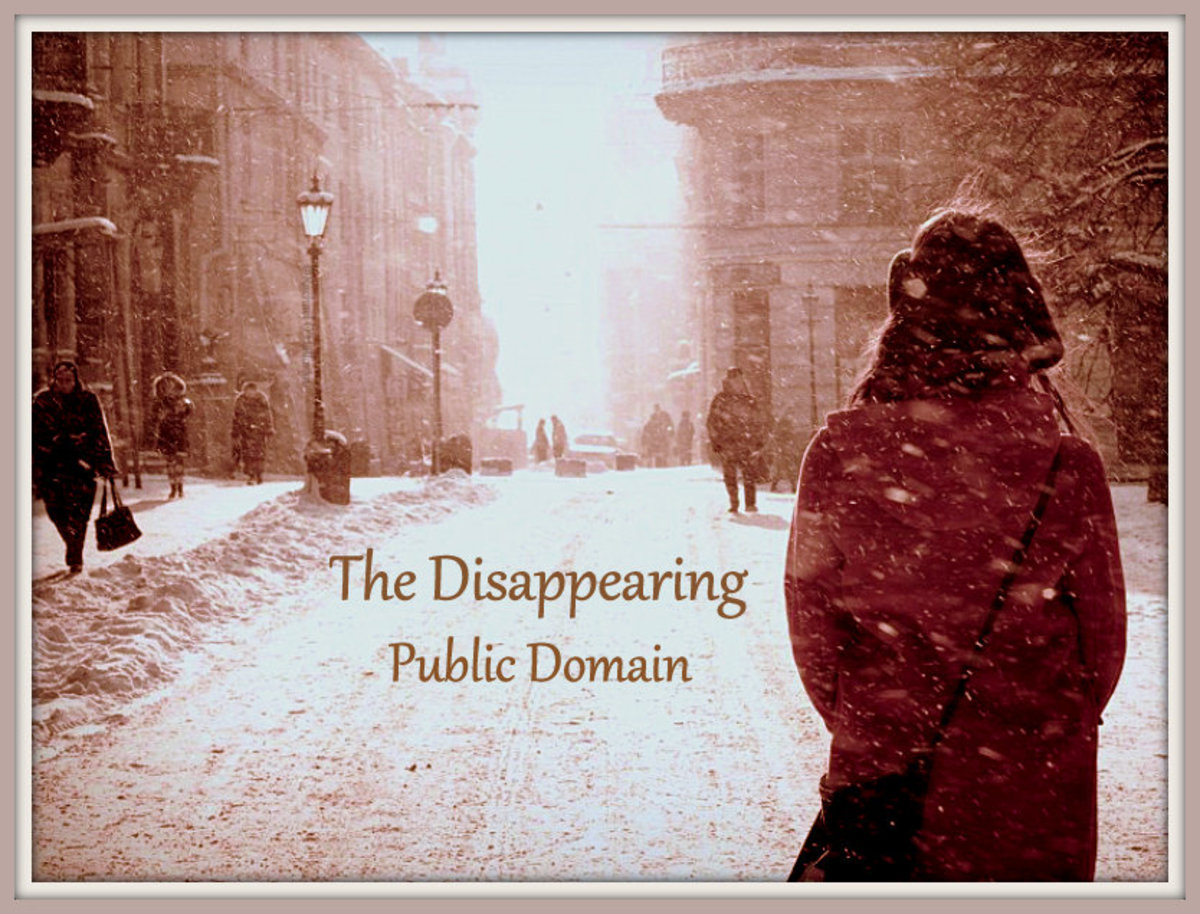Criminal Law - Voluntary Manslaughter
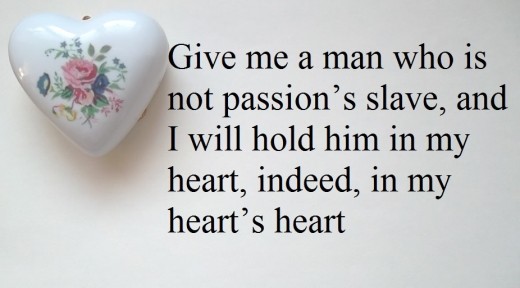
Anger And Provocation
Deep-rooted acceptance of the crime of voluntary manslaughter into the legal lexicon indicates societal awareness of the strength /depth of passion. True, the adequacy of provocation is a difficult barrier to surmount. Still, the fact that this crime is considered at all presents an intriguing window into human understanding of the power, at times overwhelming, of anger and pain.
Crimes Motivated By Passion
While statutes differ, the pivotal criteria needed in order to establish voluntary manslaughter are proof that the defendant must have been so gripped by passion as to have become incapable of forming a deliberate intention to murder another. There are two major tests: objective and subjective.
Objectively, the facts and circumstances surrounding the killing must have been such as to impel a reasonable person to have succumbed to their force. It has been argued that a reasonable person, even under the most extreme provocation, would not commit murder. Despite the validity of this belief, verdicts of voluntary manslaughter are still reached in a significant number of cases.
A further question to be addressed is whether a passage of time was sufficient, between the source of rage and its consequent killing, to have constituted a cooling off interval. This type of analysis involves the court in an attempt to explore the emotional landscape of an individual defendant.
Some jurisdictions avoid this minefield by setting forth concrete terms. Examples of these are adultery, terror, assault, battery, or illegal arrest. Where such parameters are in place, a judge or jury can reach a finding of voluntary manslaughter only if the killing falls within one of these specifications.
Other jurisdictions are more subjective, open to a broader scope of justifications. Generally, words alone, unaccompanied by a menacing action, will not reduce a charge of murder to one of voluntary manslaughter. Still, as with every aspect of law, there have been exceptions.

Piercing Achilles’ Heel
According to Greek legend, immersion of an infant in the River Styx conferred immortality. In this belief, shortly after his birth, Achilles’ mother placed his whole body in this protective river, holding onto the edge of his heel with her thumb and forefinger.
Somehow, when he became a warrior, Achilles’ foes got hold of this information. Hence, while Achilles was kneeling in prayer, an enemy shot an arrow into that exact spot on his heel which the River Styx had not shielded, thereby bringing about his death.
Akin to other terms originating in legends and myths, an Achilles’ heel has come to represent one area where a rival or competitor might be especially vulnerable. (Use of such knowledge is, over-all, viewed with disgust by the public at large-while it is also savored.)
Lacerations Through Language
While in general, words alone are not deemed sufficient to justify a judicial finding of voluntary manslaughter, there have been exceptions.
In 1913, the Tennessee Supreme Court reduced its State Court’s verdict from second degree murder to voluntary manslaughter, due to words repeatedly used, with the intent to cause humiliation.
Freddo and Higginbotham were co-workers in a railway yard. Freddo had been raised in an environment in which being the object of profanity was viewed as extreme degradation. In addition, Freddo, as an orphan, was especially sensitive to the epithet S.O.B., deeming it to reflect upon his birth origin.
Aware of this fact, Higginbotham often taunted him with this insult. At one point, Freddo struck and killed Higginbotham with an implement of their trade. Brought to trial, Freddo claimed a threatening movement on his victim’s part had alarmed him into action. Originally found guilty of second degree murder, Freddo brought his case before the Tennessee Supreme Court, where, as we have seen, his sentence was lessened.
This case and others indicate the willingness of a court to view words as adequate provocation, if the speaker voices them with the deliberate certainty of causing emotional harm.
As the following case will show, combined words and actions are sometimes used to drive their recipient into acts of violence. In a twisted form of assisted suicide, the killer becomes the tool of his seeming victim.
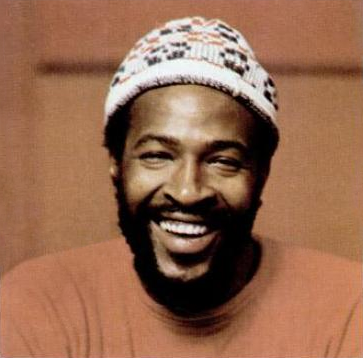
The Grapevine Soured: The Death of Marvin Gaye
According to Marvin Gaye’s biographer, Gaye viewed the father who would later kill him as “a weak man who liked to punish others for their failings, a stubborn man who liked to see others bend to his will, a lazy man who could not stand to see anyone wasting time.”
His own zeal to be a respected fundamentalist leader thwarted by his inability, Gaye Sr. hoped to bring blighted hopes to fruition by using Marvin as a surrogate. Young Gaye’s singing ability, noticed at an early age, his father planned to channel his career into gospel avenues. When Marvin baulked, refusing to shape his goals to comply with those of his father, the underlying father-son conflict, fermenting for some years, grew implosive. (Originally, their surname was “Gay”, but as the term became synonymous with homosexuality, Marvin added an E.)
A Shattering Breakaway
A natural stage in human development is the rejection of parental values and standards, even if these ideals and philosophies are later embraced in adulthood. Mr. Gaye’s smothering religious demands, combined with Marvin’s equal stubbornness and obvious gift made it easy for him to create a deeper, more lasting gap than occurs in most families.
His access to the excesses of fame: hard drug use, an abundance of women, the freedom to participate in or watch the acting out of his most bizarre fantasies became ever more available and enticing. His sense of his father’s horror, had he known of this decadence, seems to have heightened its pleasure.
Eventually, Marvin’s hedonism exhausted both his body and mind. Towards the end of his life, he had abandoned his independence to the extent of returning to his parents’ home. By then, he had ensured that one of his associates had given his father a handgun.
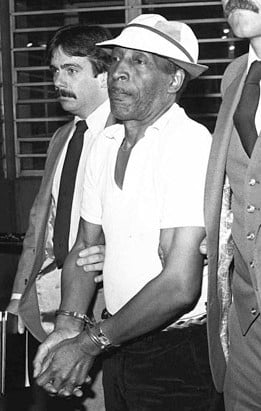
Dishonouring His Father
Despite their sharing a home, father and son were at loggerheads –a battle about to ignite due to the slightest of arguments. Although father and son strove to steer clear of each other, their proximity meant the volcano beneath their surface could not be maintained. Inevitably, its flames engulfed the household, by extension, the entire family.
The facts of Marvin Gaye’s murder will, in all likelihood, always remain somewhat vague. According to Gaye Sr., as the result of a quarrel, Marvin Gaye Jr. walked into a room and pulled him off his chair. Later police photographs of bruising to his forearms and back validated this contention.
After a brief pause, Marvin left, then returned to the room, asking his father, “Ready for some more?” using an obscenity. Having kicked and punched his father, Marvin returned to his room, where he sat on his bed, as if in readiness. His father followed soon after, shooting him in the chest with the gun. The first bullet perforated a number of vital internal organs.
After Marvin slid to the floor, his father fired again, closer to him, this second bullet entering one shoulder, and emerging through his back. Once brought to a hospital, attempts to re-stimulate Marvin’s heart proved futile; he died shortly after arrival.
His father, making no effort to deny his guilt, was taken into police custody. When Marvin’s death was announced, Mr. Gaye was transferred to the homicide division. Later, when interviewed, Marvin’s mother said she felt sure Marvin was determined to die, and chose his father as his weapon of self-destruction.
In their black, profoundly religious community, she recounted, to act with violence towards one’s father almost forced that father to kill the son. This understanding, combined with Marvin’s providing his father with a gun, seemed to have crystallized her suspicion into reality.
Trial And Conviction
At Mr. Gaye’s trial, the district attorney asked the court for a verdict of first degree murder. While the circumstances justified this finding, the judge pronounced a verdict of voluntary manslaughter. This finding was based on the facts that Mr. Gaye was aged 70, while Marvin was 45. In addition, a tumour lodged at the base of his pituitary gland may have contributed to his lack of control.
The harshest sentence available would have been 13 years imprisonment for voluntary manslaughter and use of a gun. Still, while feeling obliged to sentence this defendant to 6 years of’ probation, the judge concluded:
“This is one of those terribly tragic cases in which a young life was snuffed out. But under the circumstances, it seems to be agreed by everybody, including the very able and experienced investigators in this case, that the young man who died so tragically provoked this incident and that it was his entire fault. You are to go, Mr. Gaye.”
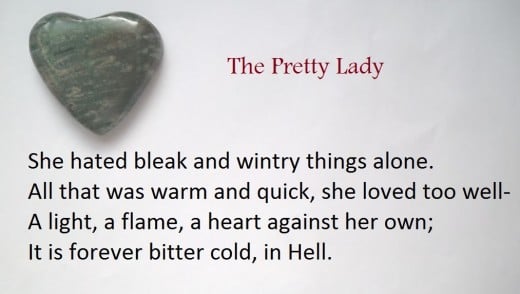
Bitter Cold In Hell: When The Passion of Love, Rebuffed, Twists Into A Quest For Vengeance.
The marriage of Daniel and Elisabeth Broderick took place on April 12th, 1969 in an elaborate celebration. Still, their initial exhilaration seems to have faded even during their honeymoon. Upon their return, Ms. Broderick voiced some disappointment to friends and close family members. Still, by then pregnant with the couple’s first child, Ms. Broderick went on to bear four more children.
At the time of their marriage, Daniel Broderick had been studying for a medical degree. Having become a doctor, he informed his wife he would prefer the practice of law to that of medicine. Accepted into Harvard Law School, he eventually became a medical malpractice attorney, maximizing his knowledge of both the medical and legal aspects of surgical injuries.
In order to finance his law degree, Ms. Broderick, herself a college graduate, took whatever jobs she could find, including babysitting and becoming a sales representative for Tupperware. Once Broderick’s law practice became established, Ms. Broderick returned to her original goal of being a wife, mother and homemaker.
Naturally, she also enjoyed the social and financial perquisites of her position. All household bills were dealt with by Broderick’s office staff. Later, she would state she had felt like royalty, free to order whatever she chose, with few financial restrictions. Still, despite its outward success, the Broderick union was always tempestuous.
A Marriage Endangered.
Their fragile balance began to be jarred shortly after former flight attendant Linda Kolkena became Broderick’s receptionist. Never sure of her husband’s devotion, Ms. Broderick became convinced a liaison was progressing between him and Ms. Kolkena. This belief was exacerbated by his complaints regarding her growing weight and increasing number of wrinkles. Although Broderick at first denied his dalliance, in time he moved out of their family home.
Linda Kolkena
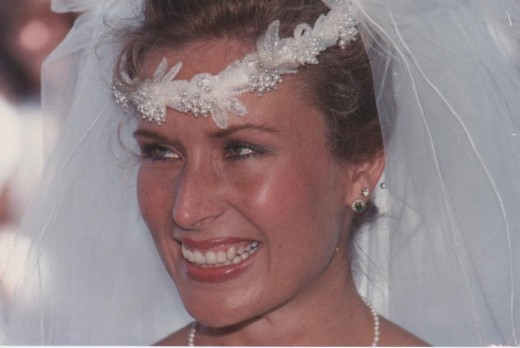
An Interlude of Vacillation
For nearly a year, Broderick moved back-and-forth between the two women. Unwilling to destroy his family life, he found himself under mounting pressure by Ms. Kolkena to consolidate their intimacy into marriage. Eventually, fearing the loss of his mistress, he chose to divorce his wife.
Convinced her husband’s ties in the city’s legal community meant she could not hope for justice, Elisabeth chose to represent herself during the divorce hearings. Ill-equipped to undertake such a task, her questions were suited to a domestic quarrel, rather than a courtroom dispute. Allowing her misery to take the helm, she asked such questions as, “Dan, when did I begin to suspect you were having an affair?”
Perhaps her most painful moment came when, having asked her husband when he believed their marital struggles began, he replied, “April 12, 1969.” The day of their wedding.
A Stolen Life
Having taken a series of basic jobs in order to create their middle class way of living, Elisabeth Broderick felt Ms. Kolkena had sauntered into the life she herself had helped to shape, shoving her aside as an intrusive bystander. Hence, following the divorce and Broderick’s marriage to Ms. Linda Kolkena, Elisabeth Broderick’s rage became overwhelming. Although she began a relationship with another man, her zeal to get even with Broderick fermented just beneath her surface of day-to-day normalcy.
At first vented in hostile telephone messages, her harassment culminated in driving her car through the front of Broderick’s new home. When friends and colleagues warned him to upgrade his security measures, He responded that, if determined to kill him, Elisabeth would find some way of so-doing. His words proved all too prophetic. At some point she obtained both a hand-gun and a key to his home.
Late on the night of November 5th 1989, Elisabeth entered this home and walked up its stairs to the bedroom occupied by Broderick and his new wife. Once there, she shot them both. Aware he would be killed by her shot, Broderick reportedly said, “Okay, you shot me. I'm dead.”
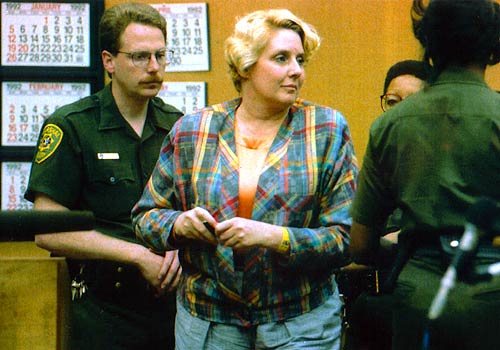
The Spoils of War
Charged with double murder perhaps in hopes of obtaining a verdict of voluntary manslaughter, she claimed the crime had not been planned. Instead, she insisted she intended to take her own life in front of the couple, or force Broderick into a type of verbal confrontation he had thus far evaded. Then, according to her testimony, overwhelmed by anguish at seeing the couple’s two heads on pillows next to one another, she shot and killed both of them.
The court did not accept this explanation. Her actions in getting hold of a handgun and manoeuvring her way into Broderick’s home when the couple were almost sure to be sleeping negated any claim of a sudden eruption of passion. Elisabeth Broderick was sentenced to thirty-two years imprisonment.
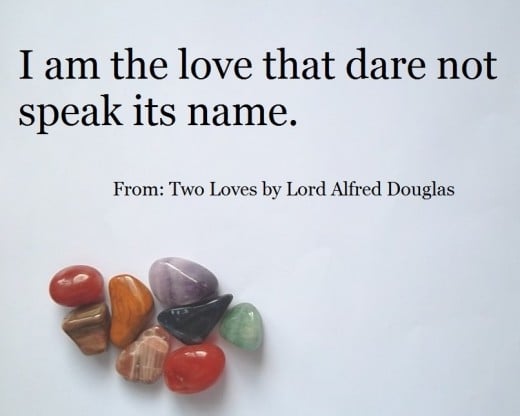
When Love Dares Speak Its Name: An Explosion of Interpersonal Political And Homophobic Rage
Due to the last lines of a poem written by Lord Alfred Douglas, the most adored paramour of writer Oscar Wilde, same gender preference has often been dubbed “the love that dare not speak its name”. Living in Victorian times, Wilde was imprisoned. Once released, Wilde’s ostracism was such as to impel him to leave England. Abandoning writing, he died, dependent on the goodwill of friends, as a virtual pauper.
It is tempting, from our modern perspective, to scorn such moral values and legal restrictions as obsolete and ridiculous. At the same time, it is difficult to deny the fact that elements of homophobia continue to be manifested in various words and behaviors. Indeed, homophobic bullying has been the cause of suicides by a number of today’s adolescents and teenagers.
Progressive Changes.
After World War II, many men from various branches of the military congregated in the Castro Street area of San Francisco CA., based on its gradual but consistent acceptance of the gay lifestyle. Still, subtle opposition lurked beneath the seeming freedom of thought. Centuries prior to WWII, San Francisco had been founded and named in honour of the papal St. Francis. As such, it contained a large Roman Catholic community.
While California has long been recognized as a leading, often radical force in cutting edge legislation, Jobs associated with traditional manly values, such as work in the fire and police departments, have exerted power. Hence, a subtle tug-of-war existed between these two factions.
Arguably, the assassinations of Mayor George Moscone and Harvey Milk by a former police/fire officer served to demarcate this line.
Mayor Moscone’s Climb To Power
George Moscone ascended through the political process via the usual efforts. Having graduated from California’s University of Hastings law school, he became an attorney. Having entered politics, he tended to advocate left-wing causes. In 1975, Moscone felt secure enough to run for the position of Mayor of San Francisco board of supervisors.
Although winning by a slim margin, his mayoralty freed him to support various initiatives. Both Dan White and Harvey Milk were elected as supervisors. Although Moscone’s subordinates, this allowed each of these two men to hold a significant degree of authority.
Dan White, raised in a family of 9 children, represented the conservative view having been previously employed as a police and then a fire officer. Conversely, Harvey Milk, as the first openly gay man to run for political office in California, symbolized progress for the gay community. Initially, as the two concurred on a number of issues, their backgrounds seemed to have been no barrier to a friendly rapport. Harvey Milk was one of only three office members to be invited to the christening of the Dan Whites’ first child.
A Divergence Developed.
Gradually, minor differences evolved into debates intense enough to evoke major hostilities. While the details of this conflict are not relevant here, the catalyst seems to have come about regarding the setting up of a local drug rehab centre. In time, White submitted his resignation in writing. Then, having talked the matter through with his wife and close friends, he tried to withdraw it. When, two days later, his written plea was denied by Moscone, White’s despair turned volcanic.
Rage Beyond Reason?
On the morning of November 27 1978, White climbed into the office at City Hall via an upstairs window, in order to avoid setting off the burglar alarm. Holding a loaded gun, once inside Moscone’s office, White implored him to re-instate him. When Moscone refused, White shot him 4 times and killed him. Then, before his act could be detected, he entered the office of Harvey Milk where he shot him 5 times and killed him as well.
Immediately thereafter, White went to a nearby police station where he had previously been employed and made a complete confession. Given this information, confirmed by the subsequent deaths, the police had no choice but to arrest and imprison him.
A Clever Catch Phrase

The Twinkie Defense
While doubtless inextricably linked in the public mind to this case, at no point did White’s counsel contend that the eating of junk food alone justified White’s killings. Dan White’s legal defence team brought in two psychiatrists to testify on his behalf. Combined aspects of both testimonies indicated White had suffered from some form of diminished capacity.
Prior to these murders, White had behaved in ways contrary to his usual day-to-day conduct. Always well-groomed, he allowed his appearance to become unkempt, his grooming haphazard. An affectionate husband, he all but ignored his wife. Seen by some as a bit of a health food fanatic, he reversed his nutritive regimen to a diet of sugar-laden soft drinks and junk foods. When this fact was raised, one journalist created the term “Twinkie defence” in order to mock the testimony of these psychiatrists. This term took hold. Soon, “the Twinkie defence” became a term of public derision.
Ultimately, California in 1982 abolished the defence of diminished capacity and replaced it with the term diminished actuality. Rather than accept that such factors as diet could impede a defendant’s ability to form an intent, this innovation asked whether a defendant did in fact possess the requisite intent before committing the crime in question.
The Result of Dan White’s Trial And Verdict
White’s actions before the murder made his calculated planning irrefutably blatant. Thus, when the jury returned a verdict of voluntary manslaughter, sentencing White to a prison term of between 5 and 7 years, the gay community perceived this as a homophobic outrage.
Public protests were peaceful at first, but soon evolved into violence. We can only surmise the horrors which might have resulted had this urban warfare been allowed to escalate. Fortunately, the furor subsided and several members of the gay community were appointed into political and civic positions.
White served only 5 years of his prison term. Less than two years after his release, White, by then dubbed “the most hated man in San Francisco”, committed suicide on Oct 21st 1985 via carbon monoxide poisoning.
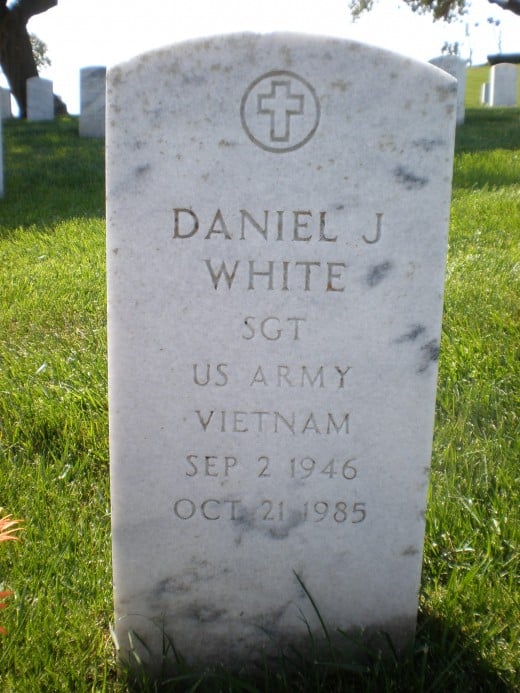
Conclusion
The cause of any death brought about by the act of another, can never be wholly justified, perhaps even by the perpetrator.
Still, had it not been for Socrates’ poisoning, Christ’s crucifixion, and Gandhi’s assassination, the wisdom these thinkers imparted may not have been disseminated throughout their own sphere and generations to follow.
The crimes and suicide of Dan White may be seen as a catharsis which united two embattled branches of a divided community. As to the previous cases discussed, while not condoning the acts in themselves, in some visceral sense, we may all at some point, feel a trace of that wild desperation at the core of the crime of voluntary manslaughter.
© 2013 Colleen Swan

